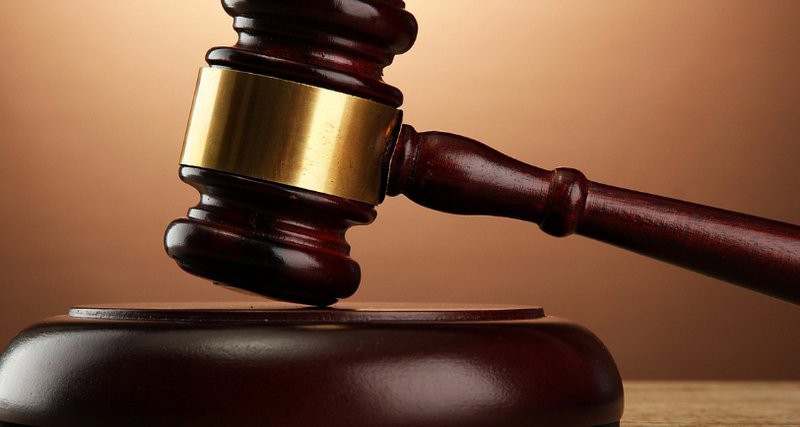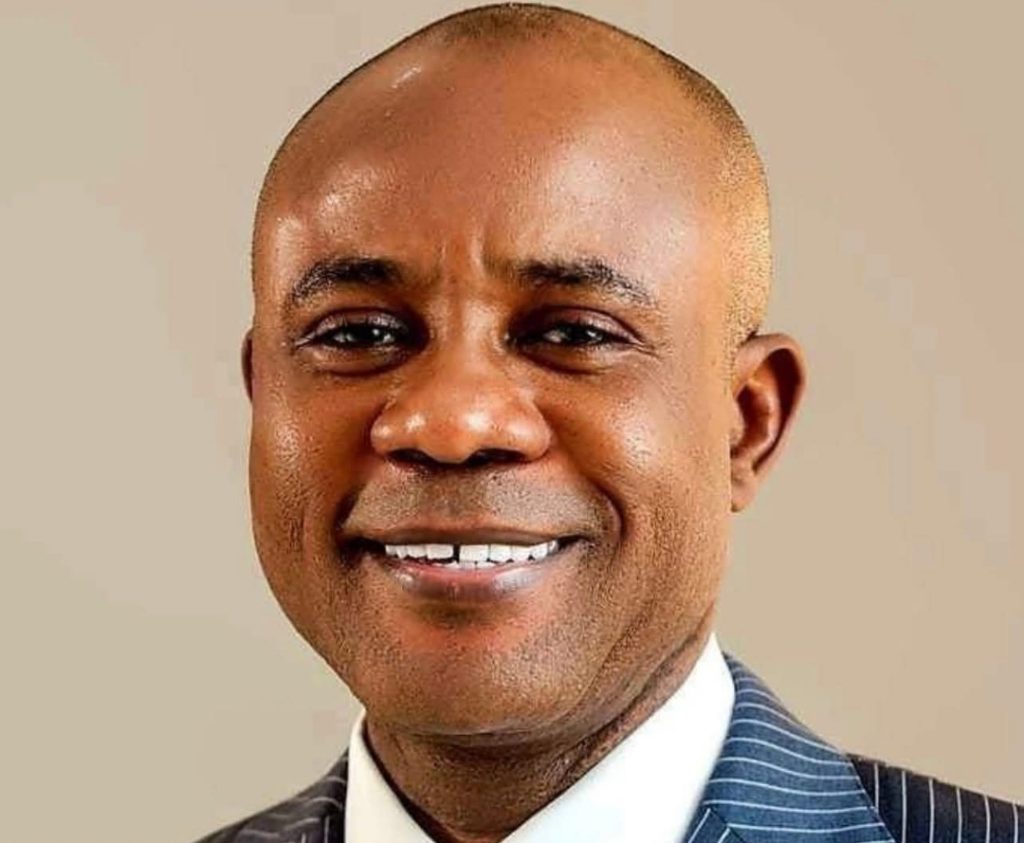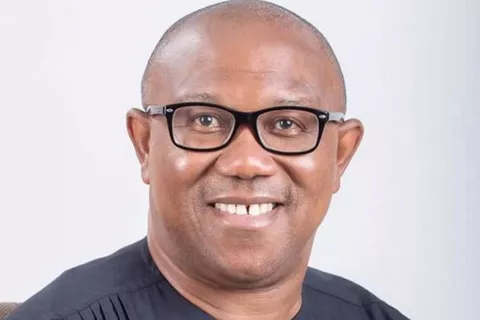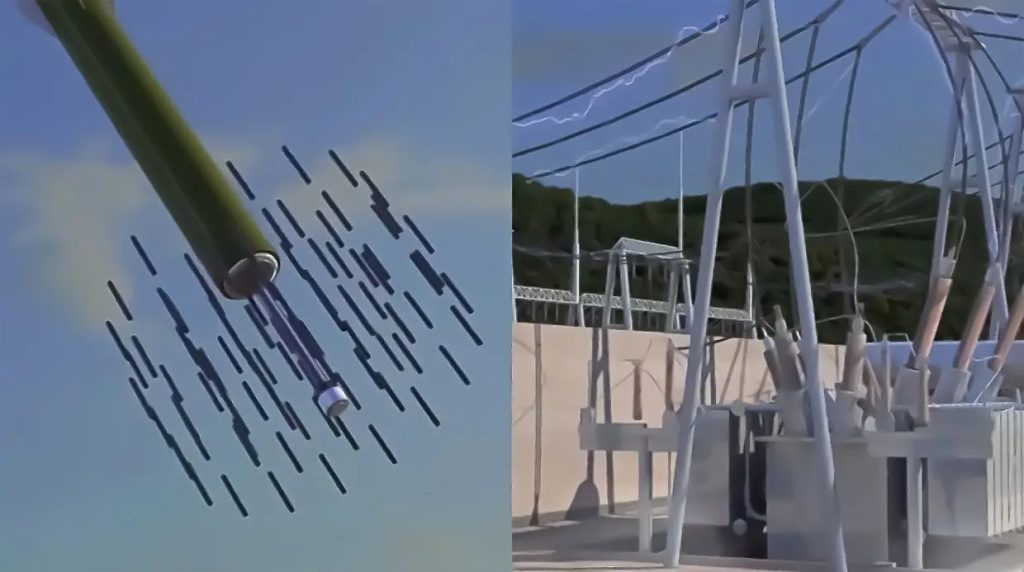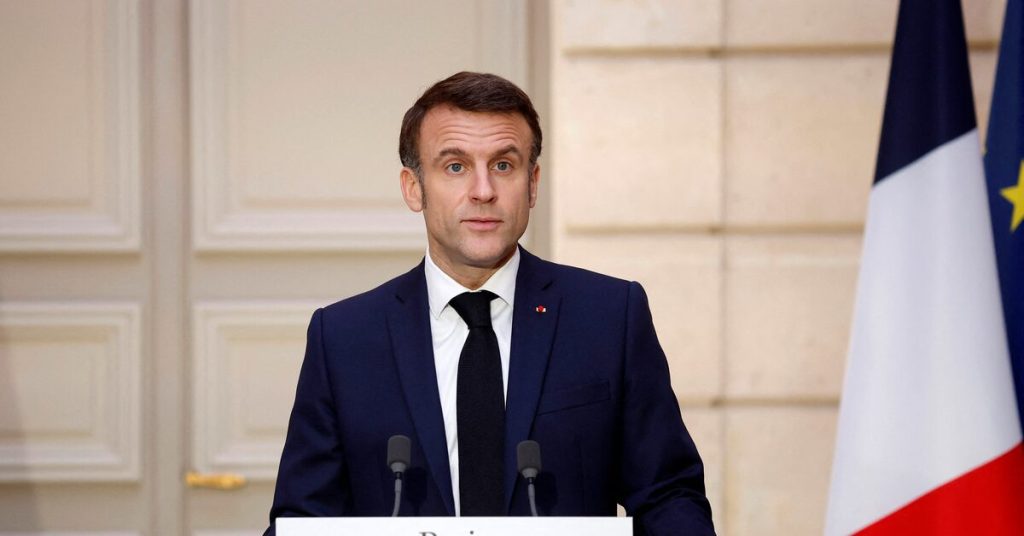Featured
Tinubu’s aide clarifies remarks on electricity tariff increase
DDM News

Olu Verheijen, special adviser to President Bola Tinubu on energy, has addressed concerns over her recent comments on the electricity tariff hike in Nigeria, emphasizing that her remarks were misrepresented.
A report on January 30 quoted Verheijen as saying that Nigeria’s electricity tariff must rise by about two-thirds (66%) to match the actual cost of power supply.
However, in a statement on Monday, Diaspora digital media (DDM) reports that she clarified the government is committed to ensuring that any increase in tariffs is accompanied by subsidies to protect low-income households.
Verheijen explained that following the 2024 Band A tariff adjustment, current rates now cover about 65% of the actual supply cost, with the federal government subsidizing the remaining 35%.
She stressed that while achieving fairer electricity pricing is a long-term goal, the immediate focus remains on increasing supply, minimizing outages, and safeguarding vulnerable citizens.
To improve electricity service delivery, Verheijen highlighted the Presidential Metering Initiative (PMI), a key reform aimed at rolling out seven million prepaid meters nationwide.
She noted that this initiative would eliminate estimated billing, enhance transparency in electricity charges, and build consumer confidence in tariff payments.
Additionally, it is expected to boost revenue collection, thereby attracting more investment into Nigeria’s power sector.
Speaking further, Verheijen revealed that the government currently spends over ₦200 billion monthly on electricity subsidies.
However, a significant portion of this subsidy benefits wealthier Nigerians rather than those in dire need of assistance.
To address this imbalance, she said the government is working on a targeted subsidy system to ensure that lower-income households receive the necessary support.
The settlement of outstanding debts owed to power generation companies is another priority, Verheijen stated.
She explained that unpaid debts have long been a stumbling block to private sector investment in Nigeria’s electricity industry, hampering the expansion and improvement of supply.
By clearing these financial obligations, the government aims to encourage reinvestment in infrastructure, ultimately leading to better service delivery and a more reliable power supply.
Additionally, the government is implementing policies to reduce the cost of alternative power generation.
Through tax incentives such as VAT and customs duty waivers, the administration seeks to make power sources like compressed natural gas (CNG) and liquefied petroleum gas (LPG) more affordable.
Verheijen concluded that President Tinubu’s administration remains committed to electricity sector reforms that ensure fair tariff policies, a stable power supply, and economic growth for all Nigerians.
For Diaspora Digital Media Updates click on Whatsapp, or Telegram. For eyewitness accounts/ reports/ articles, write to: citizenreports@diasporadigitalmedia.com. Follow us on X (Fomerly Twitter) or Facebook



